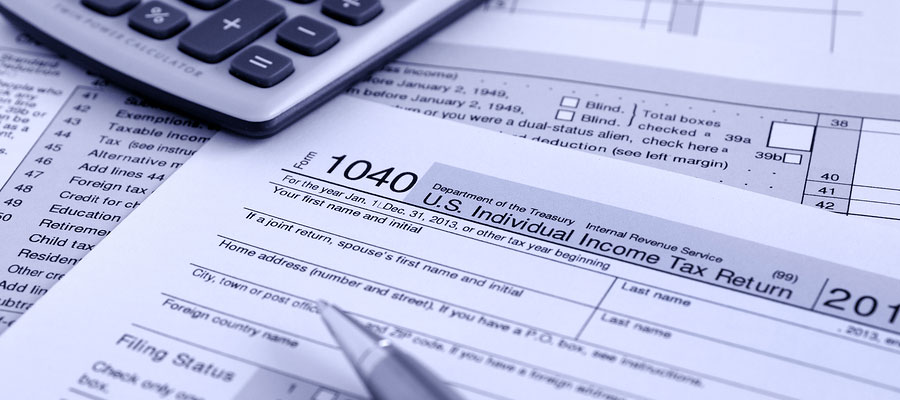
What increases your chances for an IRS audit?
05-18-2013Tax InformationWhile there is no fool proof way to guarantee your income tax return will not result in an audit by the Internal Revenue Service, there are a few things that can help you avoid way about 1.5 million Americans experience.
A return can be flagged randomly in an IRS study of the behavior of similar taxpayers, such as those in the same profession. Audits often result from:
- Document mismatches: Income you report does not match with figures other people filed (W-2s, 1099s, Brokerage Statements, etc.)
- DIF score: The Discriminant Inventory Function (DIF) System is an IRS system that assigns a score to each individual return. The DIF compares your auto deductions with others in the same profession, your income in relation to others in your ZIP code.
- High Income: If you make under $200,000 a year, your chances of an audit are about 1 percent. But based on 2012 audits, the risk approaches 4 percent among people making $200,000 to $1 million and is over 12 percent for those earning more than $1 million.
Your ultimate defense if there is an examination is to document every deduction and keep that proof for at least three years from your filing date. Also, writing little notes on receipts to help jog your memory 3-4 years after a transaction will help. If you have a restaurant receipt, write the name of the attendees and a general description of the business discussion. If you have a log of expenses or a series of well documented expenditures, the IRS agent will be less likely to dig deeper.
Consider:
- Large Deductions - Those returns whose overall deductions approach 50 percent of their reported gross income.
- Charitable Contributions – There is nothing wrong with being generous; however, collect letters or receipts from charities, both for monetary and in-kind donations — especially those over $250. While many philanthropists and religious individuals that tithe give 10% of their income to charity, the average return is about 2 percent. If you give non-cash items (e.g. clothing, appliances, and electronics) to a charity, get a receipt with the date of the donation and create an inventory of items donated.
- Round Numbers — A tax return with lots of round numbers suggests that you’re just estimating amounts.
- Unique Situations – You should include an Miscellaneous statement with an explanation of a one time or unusual event on your income tax return. It can be attached to your return – even if filed electronically. If you are a do-it-yourself preparer and cannot attach a pdf or Miscellaneous Statement, file a paper copy of your return. This could explain small business losses, high mortgage-interest deduction or a home office deduction, signed documents related to charitable contributions or dependents, etc.
- Self-Employed Losses - Self-employed workers also tend to get a red flag, especially when they claim a business operating loss. The self-employed who file a Schedule C rather than a corporate return are reportedly 10 times more likely to be audited. Consider establishing a limited liability company with a different tax ID number. The LLC could file a partnership tax return or corporation tax return.
- Zip Codes – There are certain ZIP codes (those with higher-income neighborhoods) that have a higher audit rate.
- Bank Transfers – If your return is flagged, the auditor will likely run a total of all the deposits in your bank accounts. Be prepared to document transfers between bank accounts carefully to show that a deposit doesn’t necessarily equal new income.